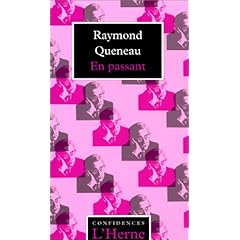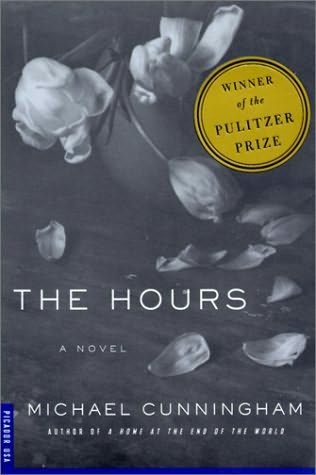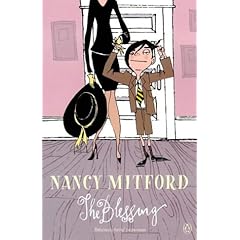 --The blurb--
--The blurb--"Ye Gods! is a light and humorous read and is about Jill Dudley's travels around Greece, touching on the myths and legends of the old gods and how the early Greek Orthodox Church emerged from its pagan past. It is also her own and sometimes comical search for enlightenment. Jill is accompanied by her husband Harry whose reluctance to travel and probe the unknown is the perfect foil for her enthusiastic explorations. The book could as easily be called 'The travels and trials of Harry'. It is ideal for anyone interested in Greece who would like to learn about its myths and legends whilst being entertained. It is a very good read and has a Glossary at the end of the gods and heroes mentioned in the book. The ten chapters take the reader from Athens, up Mount Olympus, to Mt. Athos (the Holy Mountain), to the islands and ends in Greek Cyprus."
--The review--
This history-cum-travelogue immediately appeals to the popular market with its Horrible-Histories style cover and titles (a trend which, I notice, is continued in her other books) and is broken up into relatively digestible chapters (which are broken down further into even smaller chunks) that are organised by location. Dudley effectively combines history and travel writing with anecdotes, which go a long way to lightening the book and lending it its overall appeal. Her aim in her travels to Greece seem to be a mixture of personal spiritual quest and of historical understanding, though this is never quite clearly defined.
On the whole, Dudley does write well, bringing the various religious sites to life in her writing with ease (although this does make her false modesty in terms of her writing abilities seem rather annoying and unfounded). However, while her abilities in speaking modern Greek serve to make the book even more interesting and unusual, it is perhaps a shame that this is not translated to her abilities in other languages (accent going the wrong way on 'voilà', for instance, and 'incapsulated' making an appearance instead of 'encapsulated') - because, let's face it: editors, unless they are extremely bad ones, do not tend to put mistakes INto the writing of others.
However, there are quite a few pitfalls. Dudley's age does show; she was almost 70 when this one was released, and some of her patronising attitudes and views seem alien to people of my generation, such as her complete inability to understand why a career in a hotel might possibly be fulfilling for some people, and her habit of asking local people about antiquated traditions as if they still took place today (the equivalent of my going up to French people and asking if they still dunk their croissants in a bowl of hot chocolate every morning at breakfast while wearing a beret and a striped shirt - which I have never seen anybody do) and then being surprised to get blank looks. In addition, we have her completely baffling assessment that all Greek men are utterly charming (how funny - my fiancé and I have always found them to be utterly odious. And nope, we don't think it has anything to do with how well you can speak Modern Greek).
Another slightly puzzling aspect of this series of adventures is the accompaniment of Dudley's husband Harry, who seems quite categorically to not want to be there. So why keep dragging him along? (This, though, may also relate to age: to a man of this generation, the thought of being left alone in England to cook and clean for himself for a few weeks may be enough to make him drop dead on the spot.) This multitude of factors means that, as a result, the beautiful locations and rituals that Dudley describes are increasingly sullied by her own infuriating personality and the dampening presence of her unwilling husband.
And yet, despite all of this, I still feel compelled to follow Dudley's extra adventures in her other works - particularly in Holy Smoke!, which I hope will be a follow-up to her expressed desire to explore other religions, such as Islam. In short, these readable volumes are certainly to be recommended - if, that is, you don't feel like throwing Dudley overboard from the proverbial cruise ship (for that is where you would be quite likely to meet someone like her) by the time you close the book.
Other works by Jill Dudley
Ye Gods! II: More Travels in Greece (2006)
Holy Smoke! Travels Through Turkey and Egypt (2007)










